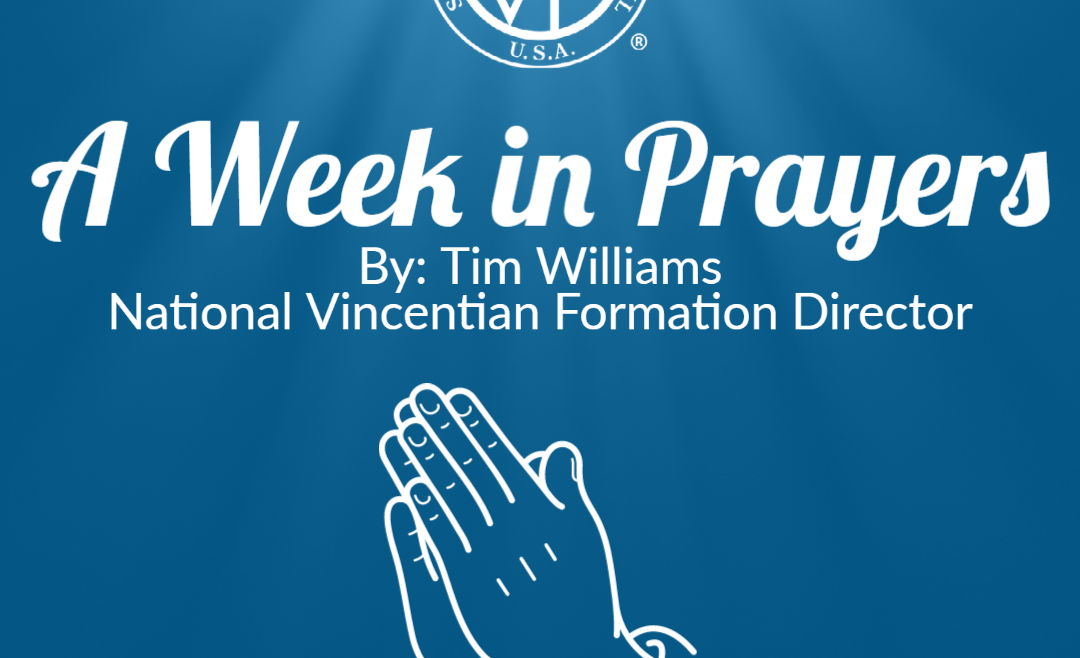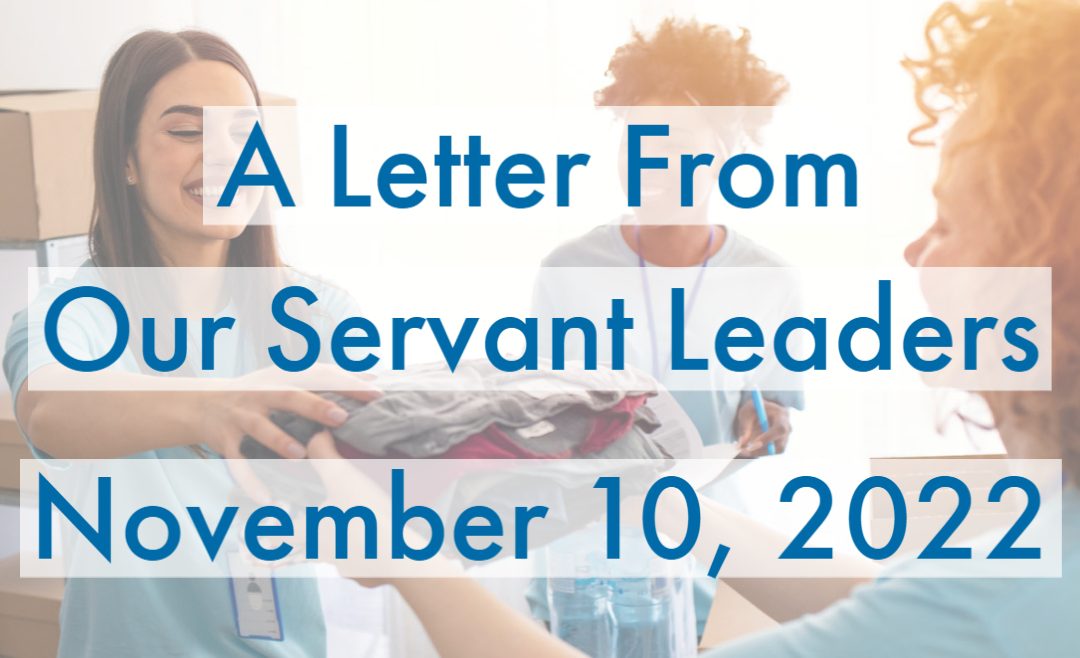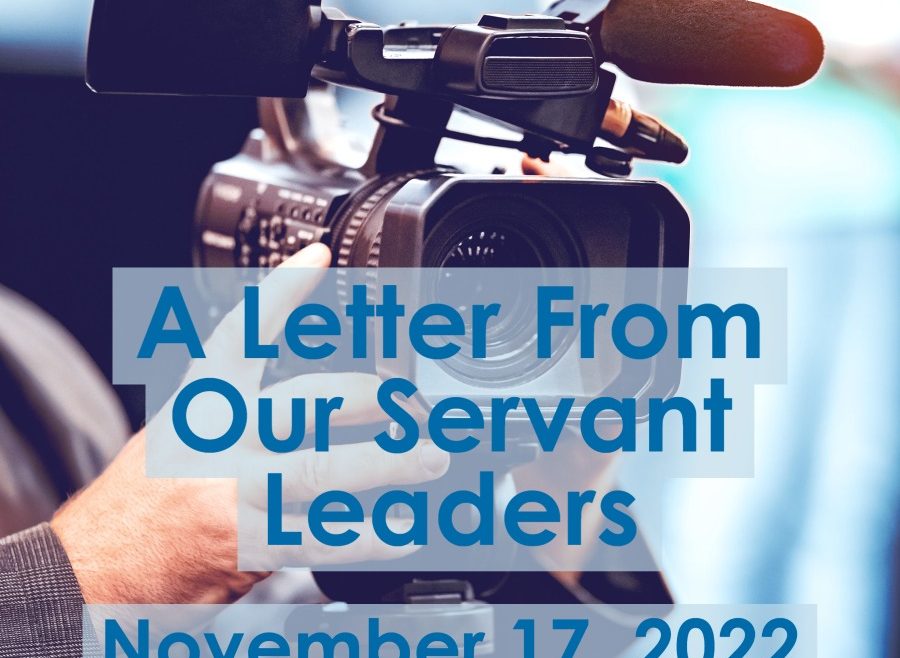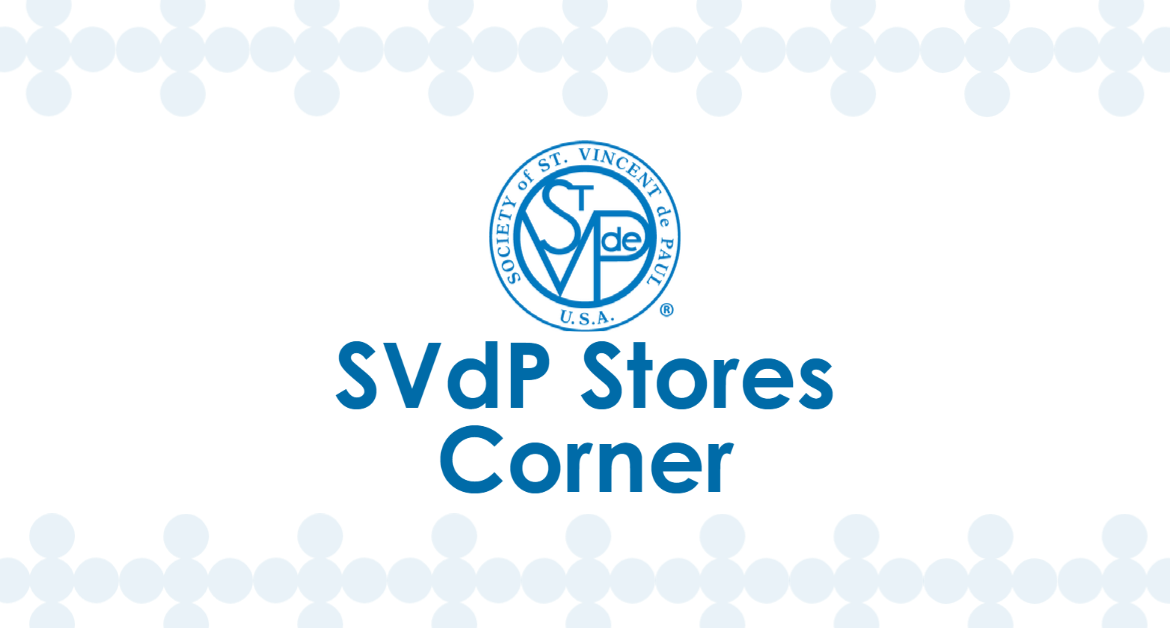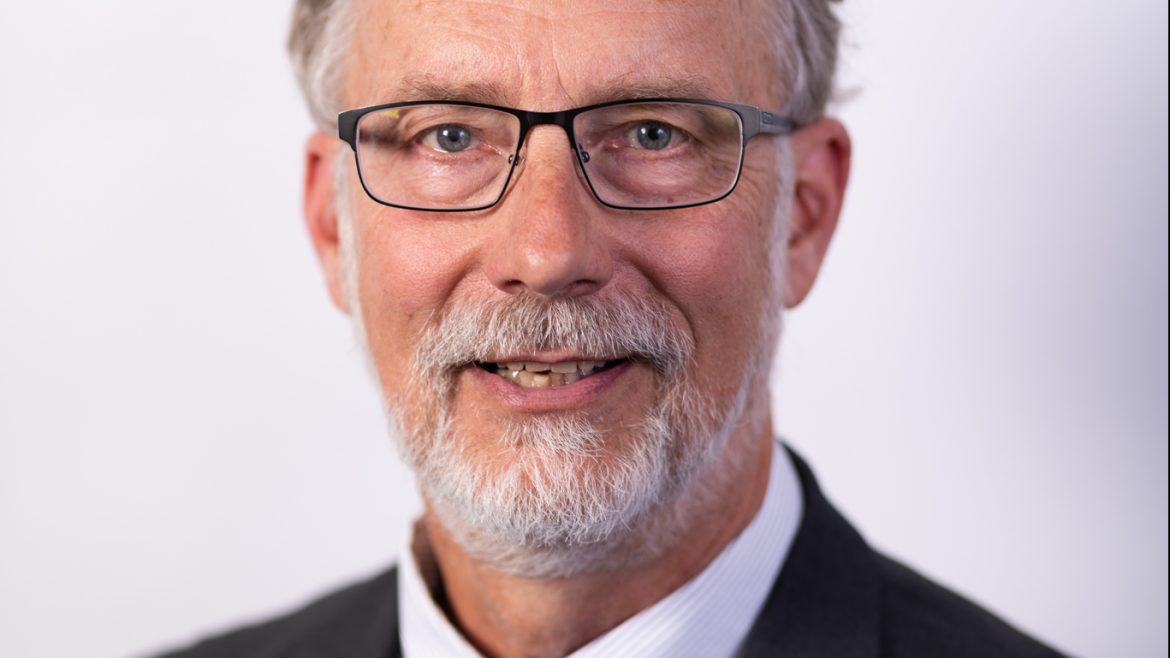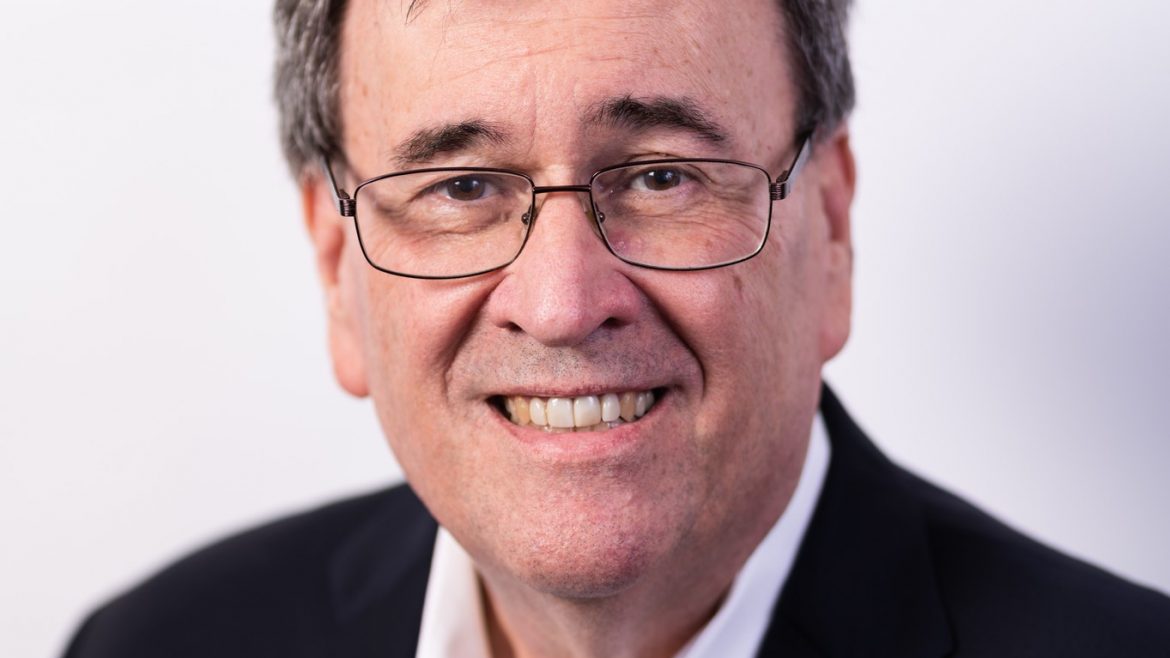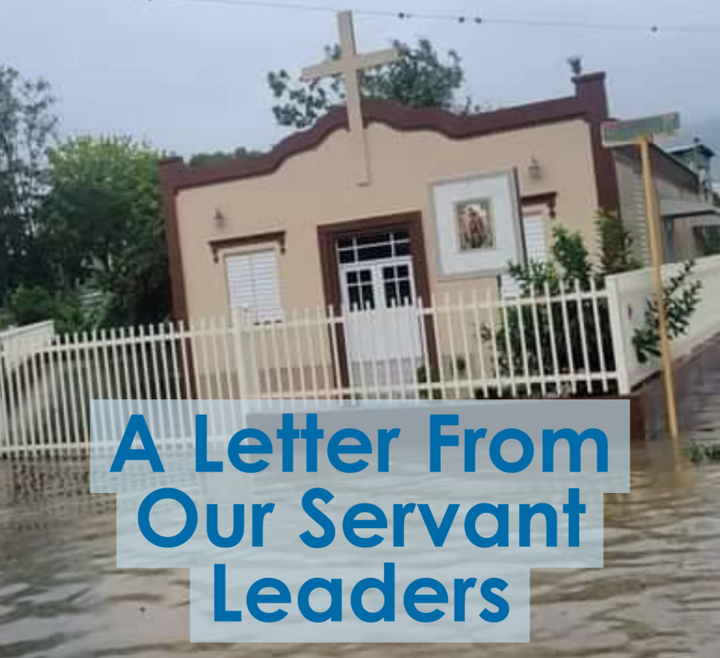Monday, November 14
Lord Jesus,
You are the light of the world.
Lead me from darkness,
Fill me with the light of Your love
Let it shine forth from me
In all that I do in Your name.
Amen
Tuesday, November 15
Light of the World, fall upon me,
Awaken me from my slumber.
As sure as the flowers
Unfold in the sun
My heart is turned toward You
Amen
Wednesday, November 16
O Lord these gifts You have given me,
My time, my talents, myself,
And even my worldly possessions,
Remain mine and even grow
Only as I give them away,
In Your name and for Your sake.
Amen
Thursday, November 17
O God, Creator of all,
I seek to do Your will.
Speak to me, Lord,
Through the people I meet,
Through events before me,
Through a tiny whisper in the storm.
Your servant is listening
With an open heart.
Amen
Friday, November 18
How will I love the neighbor, Lord?
With the same love I give to You.
From the depths of my soul,
With all of my heart,
And with all the work that I do.
Amen

